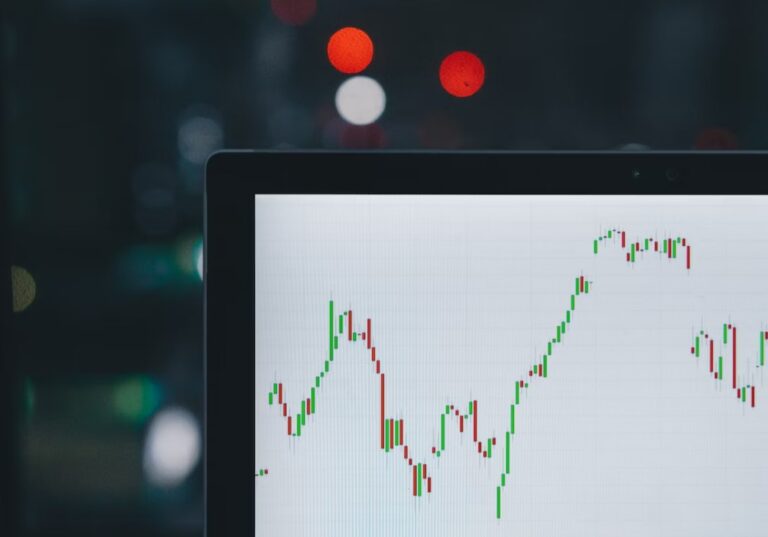Entrusting one’s capital to an intermediary, who will manage the sum of money with the aim of making a profit. This is what is known as managed savings, i.e. when an investor’s savings are managed by a specialised financial intermediary. This intermediary can be an asset management company (SGR), a bank or a financial advisor
The intermediary carries out all the buying and selling of financial assets to build an investment portfolio, with a level of risk and a management mode, which can be active or passive, depending on the mandate received and the objectives set. The operators, in turn, are paid a commission on the assets.
Table of Contents
What are asset management products?
The main asset management products include mutual funds, ETFs, asset management schemes, pension funds, SICAVs and life insurance policies.
Mutual funds
Mutual funds are an investment vehicle. They are financial intermediaries whose purpose is to invest the capital collected from savers. Those who join the fund subscribe to units that are part of the total assets, consisting of all the savings entrusted to the manager. A saver who joins a mutual fund pays an entry, management and performance fee.
ETFS
ETFs, Exchange Traded Funds, are investment funds that are traded on the stock exchange as if they were shares. They are passively managed funds, linked to the performance of a market index.
Read also: ETFs and mutual funds: their differences, advantages and disadvantages
Pension funds
Pension funds, on the other hand, are a complementary pension instrument. Subscribers during their working life periodically pay their savings into the fund in order to obtain an income when they reach a certain age or the end of their working career.
SICAV
SICAVs, Sociétés d’Investissement à Capital Variable, are joint-stock companies whose exclusive object is the collective investment of assets raised by offering their shares to the public.
Life insurance policies
Finally, life insurance policies can be used either as death insurance or as an individual pension scheme.
Taxation
The tax is paid by the intermediary that manages the investor’s savings and is calculated on the net result accrued in the portfolio at the end of management.
The investor therefore does not have to pay any other taxes, as it is the manager of his savings who pays them, and enjoys the advantage of anonymity.
Read also: What are digital assets and how to invest in them












